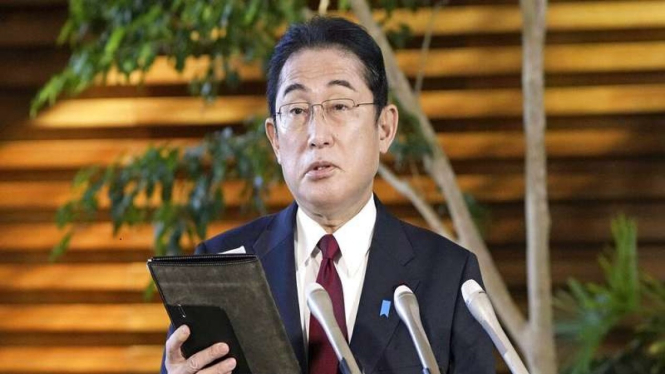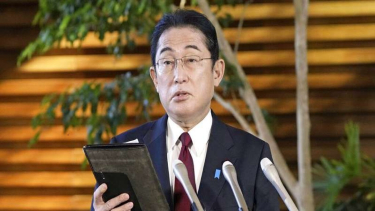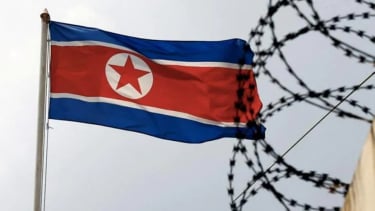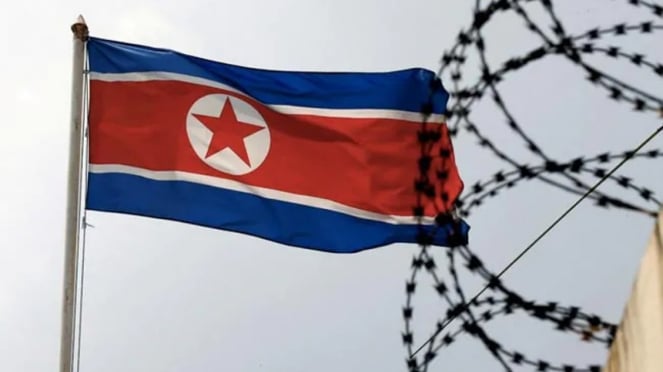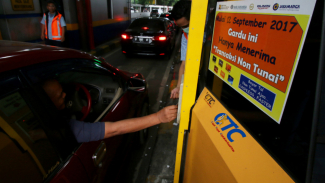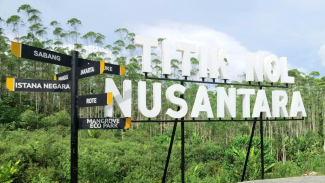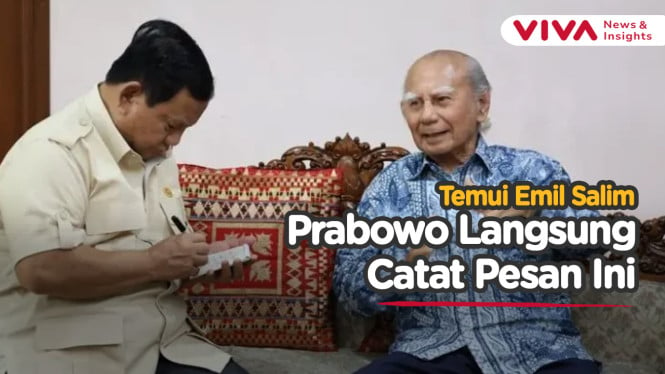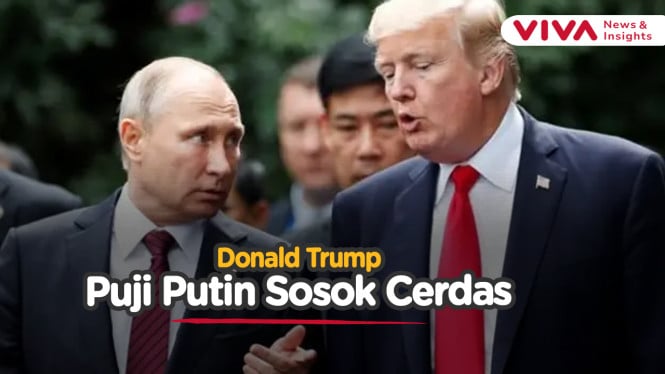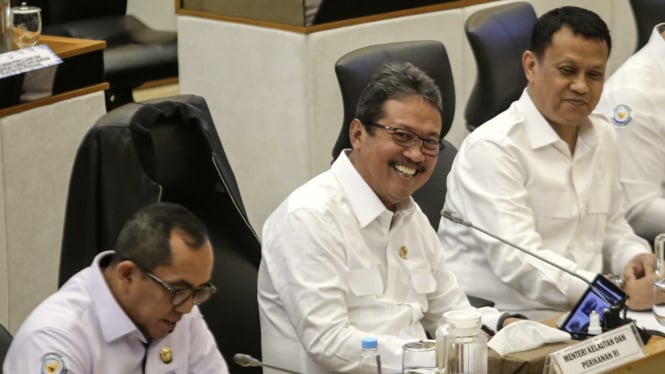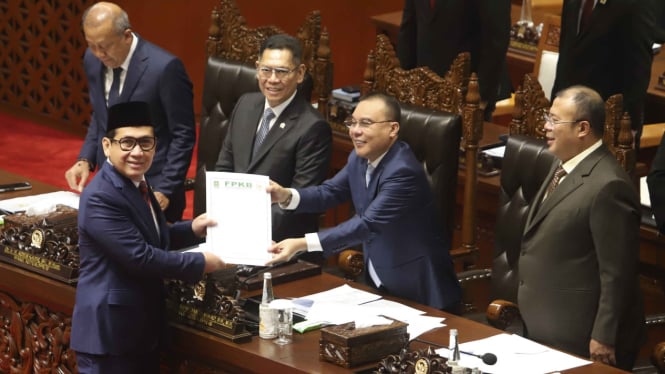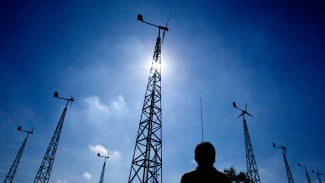Japan PM Plans to Meet with Leader Kim Jong Un
- Kyodo News via AP
Japan – North Korea revealed that Japan’s prime minister has offered to meet with North Korean leader Kim Jong Un but stressed that prospects for their countries’ first summit in about 20 years would depend on Tokyo tolerating the North’s weapons program and ignoring its past abductions of Japanese nationals.
Japan acknowledged it has been trying to arrange a bilateral summit but dismissed North Korea’s preconditions for such a meeting as unacceptable, dimming the prospects that Kim and Japanese Prime Minister Fumio Kishida would hold a summit any time soon.
Observers say Kim wants improved ties with Japan as a way to drive a wedge between the United States and its allies, while Kishida wants to use possible progress in the abduction issue, a highly emotional issue for Japan, to boost his declining approval rating at home.
After admitting in 2002 that it had abducted 13 Japanese nationals, North Korea allowed five to return home but said the others had died. Japan believes some were still alive, as reported from AP Site.
Ilustrasi bendera Korea Utara.
- Istimewa.
In a statement carried by state media, Kim’s sister, Kim Yo Jong, who also is a senior official, said that Kishida recently used an unspecified channel to convey his position that he wants to meet Kim Jong Un in person as soon as possible.
She said there would be no breakthrough in North Korea-Japan relations as long as Kishida’s government is engrossed in the abduction issue and interferes in the North’s exercise of our sovereign right, apparently referring to the North’s weapons testing activities.
Simply deciding to hold a summit is not enough to improve relations full of distrust and misunderstanding, she said.
In February, Kim Yo Jong issued a similar statement, saying North Korea was open to inviting Kishida to Pyongyang but that it would only be possible if Tokyo stopped taking issue with North Korea’s legitimate right to self-defense and the abduction issue.
Kishida, speaking in a parliamentary session, said that a meeting with Kim is “crucial” to resolve the abduction issue and that his government has been using various channels to discuss the possible summit.
Japanese government spokesman Yoshimasa Hayashi told reporters later Monday that dropping the abduction issue in talks with North Korea is not acceptable.
North Korea and Japan don’t have diplomatic ties, and their relations have been overshadowed by North Korea’s nuclear program, the abduction issue and Japan’s 1910-45 colonization of the Korean Peninsula. Japan’s colonial wrongdoing is a source of on-again, off-again wrangling between Tokyo and Seoul, as well.
After years of denial, North Korea acknowledged in an unprecedented 2002 summit between Kim Jong Il, the late father of Kim Jong Un, and then-Japanese Prime Minister Junichiro Koizumi that its agents had kidnapped the 13 Japanese.
Japan believes North Korea used them to train spies in Japanese language and culture.
Koizumi made a second visit to North Korea and met Kim Jong Il again in 2004, the last summit between the two countries.
Talk of a possible new summit comes amid concerns that North Korea could further intensify its weapons testing activities in what is an election year both in the U.S. and South Korea.
Experts say North Korea would aim to use an enlarged weapons arsenal to win concessions from the U.S., such as relief from sanctions imposed because of Pyongyang’s nuclear program.
“While North Korea may be waiting out elections in South Korea and the United States before reengaging those countries in diplomacy, it probably wants to strengthen its hand by developing weapons and driving wedges between U.S. allies,” said Leif-Eric Easley, a professor of international studies at Ewha Womans University in Seoul.
“Kishida feels political urgency to address the abductions issue and is thus showing diplomatic effort.” Easley concluded.
